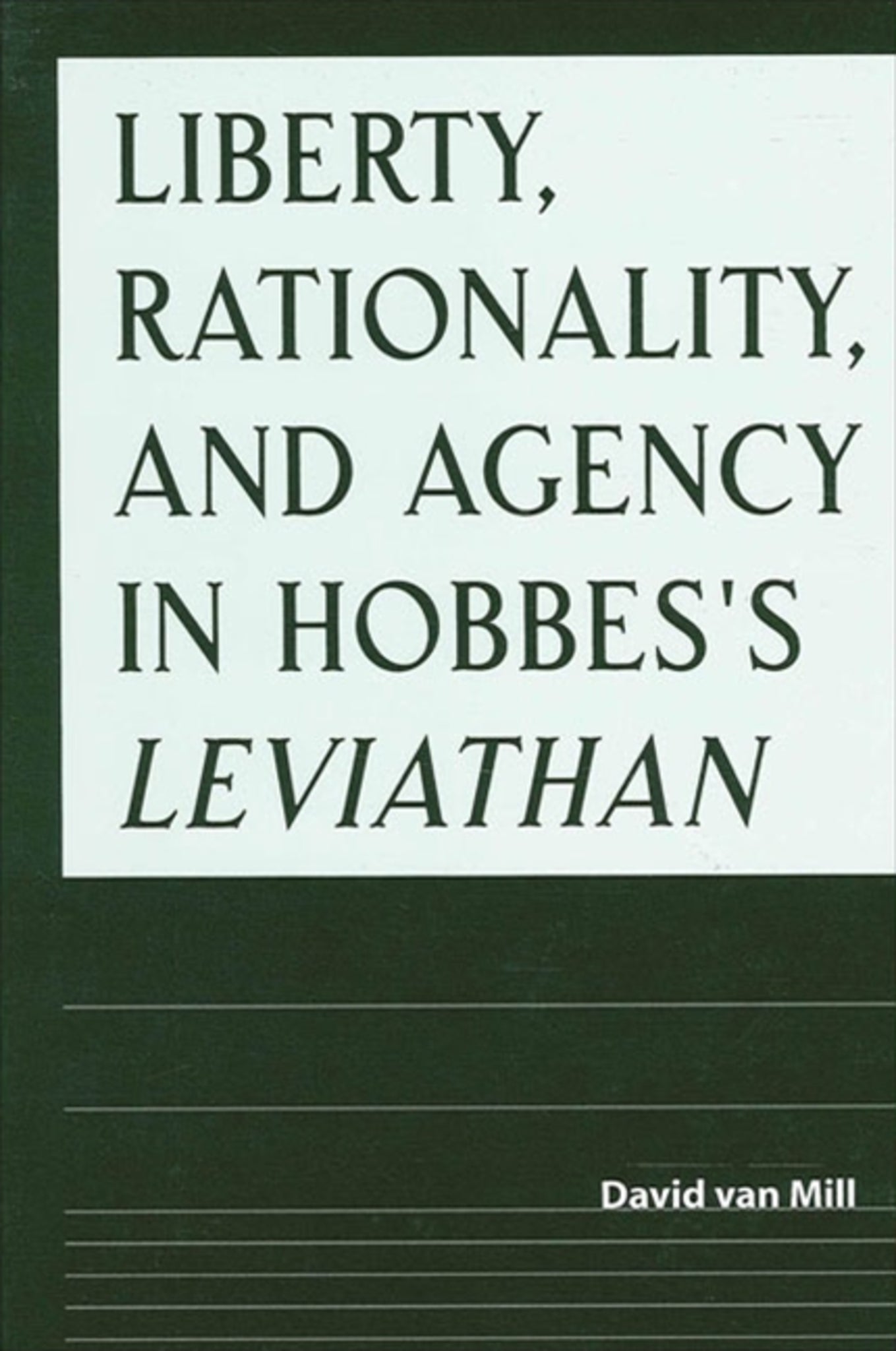We're sorry. An error has occurred
Please cancel or retry.
Liberty, Rationality, and Agency in Hobbes's Leviathan

Some error occured while loading the Quick View. Please close the Quick View and try reloading the page.
Couldn't load pickup availability
- Format:
-
19 July 2001

A new interpretation of the theory of Hobbes.
Marking a significant departure from most scholarship on Hobbes, this book offers new interpretations of his theories of freedom, agency, rationality, morality, psychology, and politics. Hobbes's arguments concerning many different aspects of civil society and human psychology are brought together to provide a comprehensive theory of agency. Hobbes's theory of freedom is demonstrated to be considerably more complicated than previously thought, revealing a concern with both "internal" and "external" conditions of action. On close examination Hobbes can be seen to move beyond his limited definition of negative liberty and to champion autonomous rational action. Throughout, the book evaluates the relevance of this reformulation for contemporary debates in political philosophy.


"David van Mill challenges a long-standing view that Hobbes's theory can be pigeon-holed into a rational-actor behaviorist model, and suggests that Hobbes entertained a more expansive understanding of reason and rationality, closer to positive conceptions of agency. His arguments are clear and concise, yet at the same time detailed and rigorous." – John E. Seery, author of Political Theory of Morals: Shades of Justice, Images of Death
Acknowledgments
Part I: Introduction and Theoretical Framework
Chapter 1. Introduction
Summary of the Chapters
Chapter 2. The Scope of Freedom
Introduction
Charles Taylor and Positive Freedom
Desires
Rationality
Flathman and Negative Freedom
Flathman on Autonomy
Internal and External Freedom
Conclusion
Part II: Freedom, Autonomy, Rationality, and Morality
Chapter 3. Hobbes and Negative Freedom
Introduction
External Freedom and Causality
Freedom and Will
Fear and Freedom
Obligation and Freedom
The State of Nature
The Laws of Nature and the Right of Nature
Civil Society
Conclusion
Chapter 4. The Internal Conditions of Freedom:
Complex Instrumental Rationality and Autonomy
Introduction
Instrumental Rationality
Hobbesian Rationality: Good as the Promise of Things to Come
Rationality and Coherent Action: Good as Utile
Conclusion
Chapter 5. The Internal Conditions of Freedom:
Substantive Rationality and Autonomy
Introduction
Substantive Rationality and Autonomy: Good as Jucundum
Rationality and Self-regarding Actions
Rationality and Other-regarding Actions
Conclusion
Chapter 6. Voluntarism and Morality
Introduction
Hobbes's Psychology
Psychological Egoism
Morality
Conclusion
Part III: External Freedom
Chapter 7. Freedom, Equality, and the Laws of Nature
Introduction
The Harm Principle and the Protection of Freedom and Equality
The Laws of Nature and the Sovereign
Sovereignty and Democracy
Education, Censorship, Religion, Free Association, and the Preservation of Peace and
Freedom
Education and Order
Censorship
Freedom of Association
Religion and Order
Conclusion
Part IV: Conclusion
Chapter 8. Hobbes's Dualism
Introduction
Determinism
Consent
Equality
Power
Conclusion
Notes
Bibliography
Index



